Introduction
Human rights are an essential aspect of any civilized society, reflecting the respect and dignity owed to all individuals. Serbia, a country in Southeast Europe, has a complex history marked by political upheavals and conflicts. In recent years, Serbia has made progress in improving its human rights conditions, yet challenges remain. This article aims to provide a comprehensive analysis of the human rights situation in Serbia, highlighting key issues, progress, and ongoing concerns.
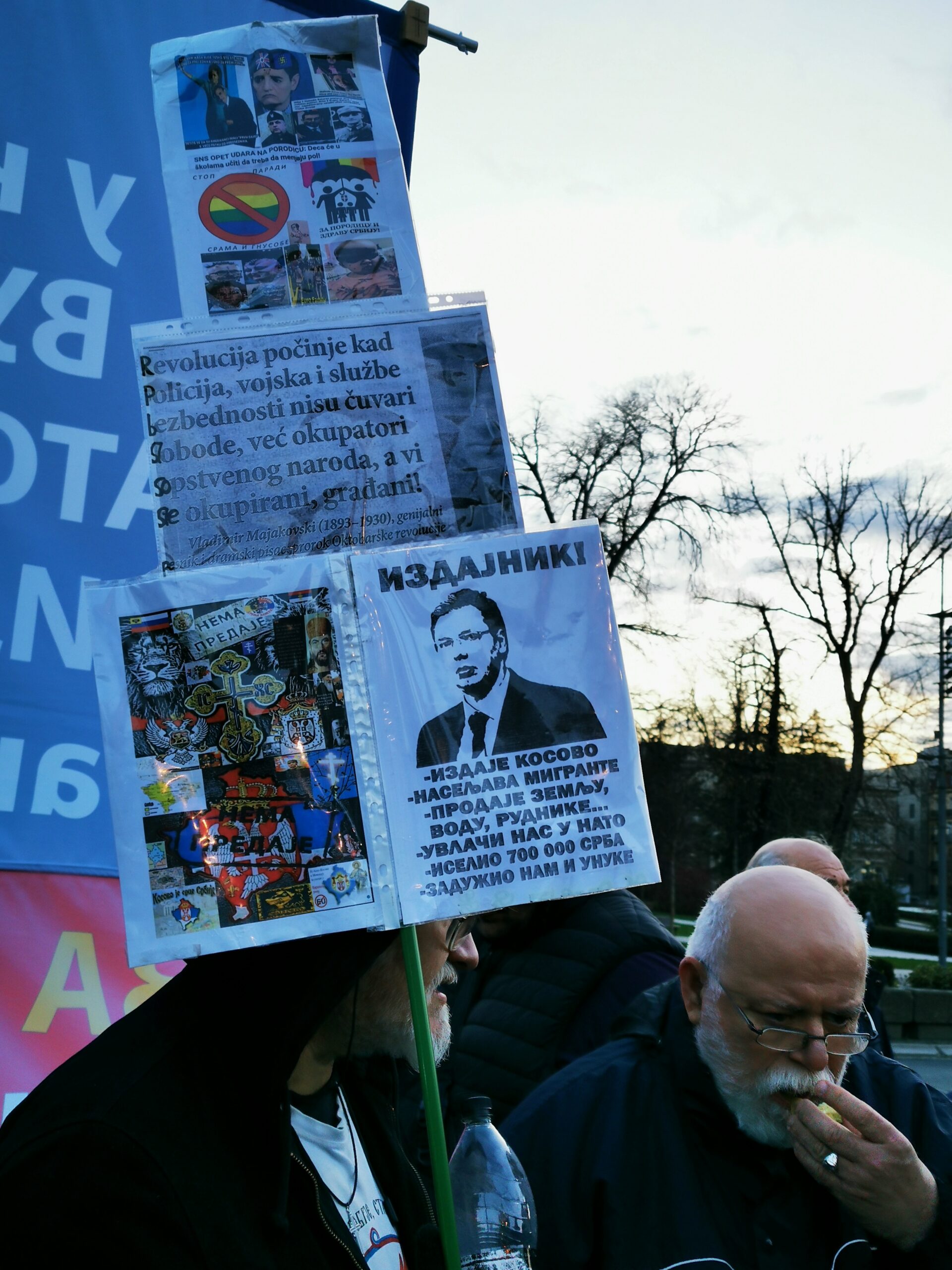
Historical Context About Human Rights
To understand Serbia’s current human rights landscape, it is crucial to delve into its historical context. Following the breakup of Yugoslavia, Serbia experienced a turbulent period marked by armed conflicts and political instability. The wars in the 1990s, particularly in Bosnia and Kosovo, left deep scars and raised concerns about human rights violations.
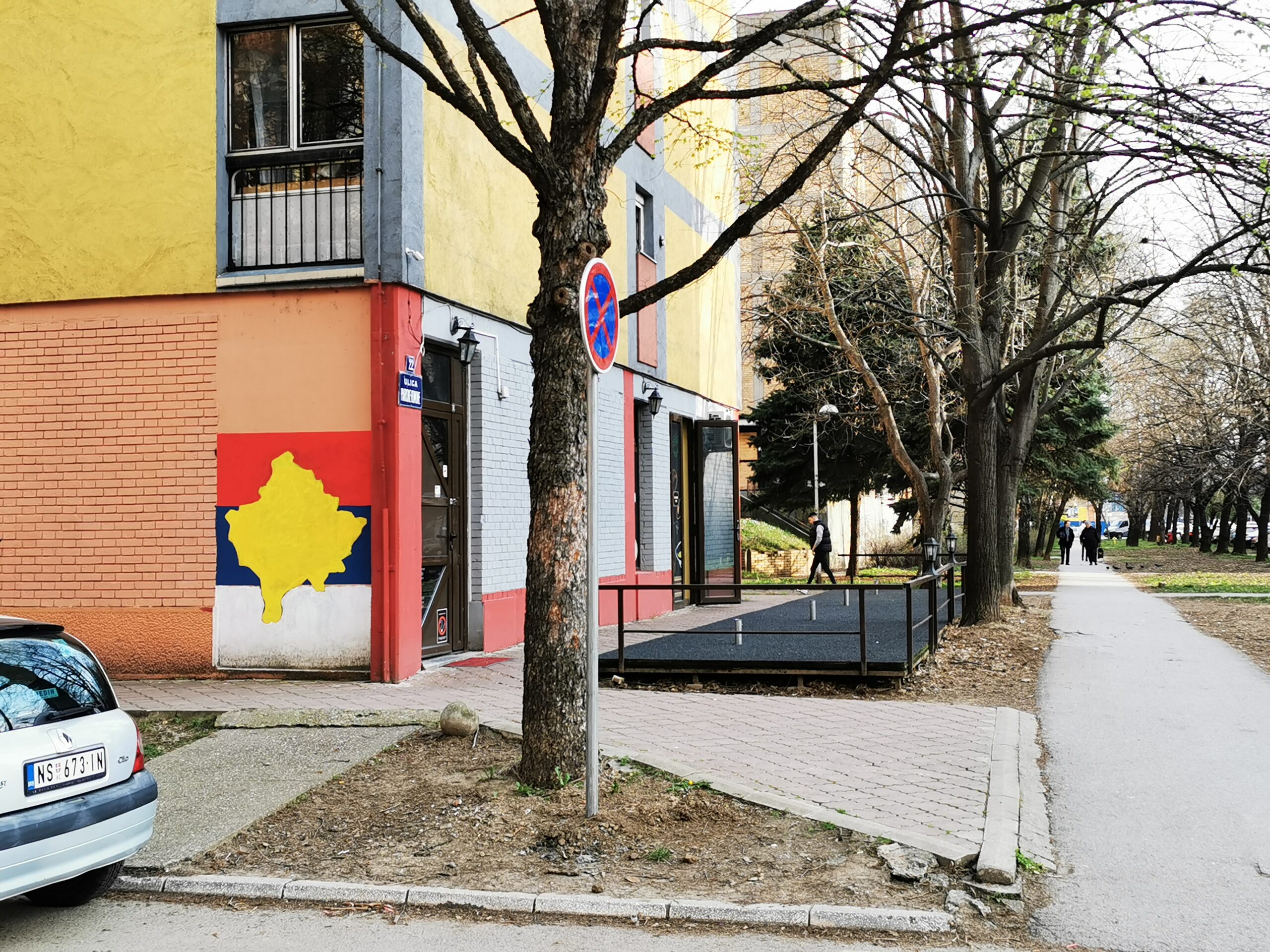
Legal Framework and International Commitments
Serbia has established a legal framework to protect human rights, including the Constitution of the Republic of Serbia and adherence to international treaties and conventions. Notably, Serbia is a signatory to the European Convention on Human Rights, the International Covenant on Civil and Political Rights, and the Convention against Torture, among others. These commitments underline Serbia’s intention to safeguard human rights.

Freedom of Expression and Media
Freedom of expression is a fundamental pillar of any democratic society. In recent years, Serbia has made significant progress in protecting this right. However, concerns persist regarding media freedom, as media ownership concentration and political influence continue to pose challenges to independent journalism. Efforts to promote media pluralism and protect journalists from threats and intimidation are ongoing.
Sign up for more LGBTQ+ news and updates at TrueQueer.
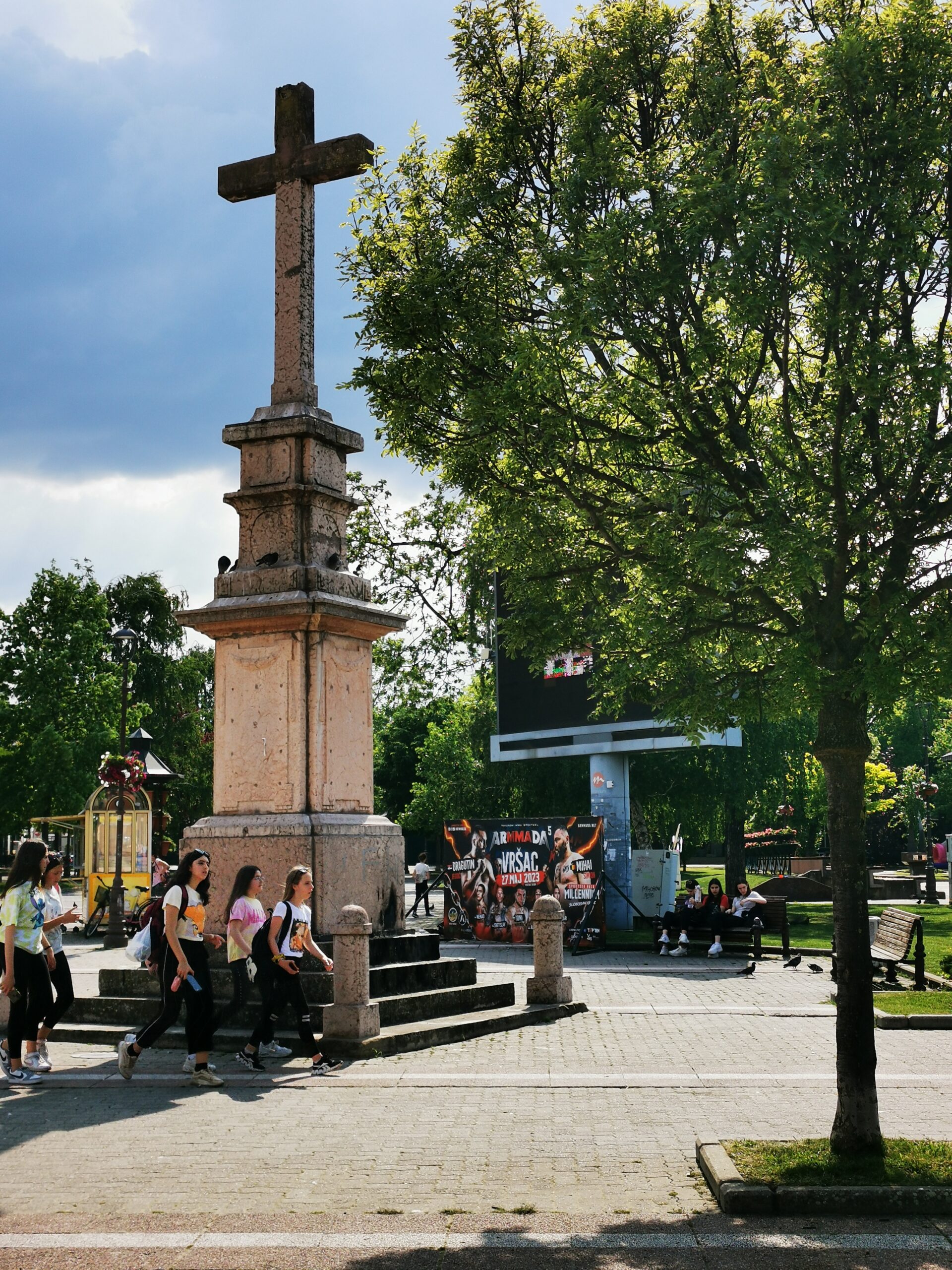
Minority Rights
Serbia is home to diverse ethnic and religious communities, and ensuring minority rights is crucial for a harmonious society. One of the main issues is the treatment of minorities, particularly the Roma population. Discrimination against Roma people is still prevalent in Serbia, and they often face difficulties accessing education, healthcare, and employment. The Roma population often face discrimination, harassment, and violence. Additionally, there is a history of violence against women, and domestic violence remains a significant problem in the country. The government has taken measures to protect minority groups, including the Roma, Albanians, and Hungarians. However, discrimination, hate speech, and inadequate representation of minorities in public institutions remain significant challenges. Continued efforts to address these issues are essential.
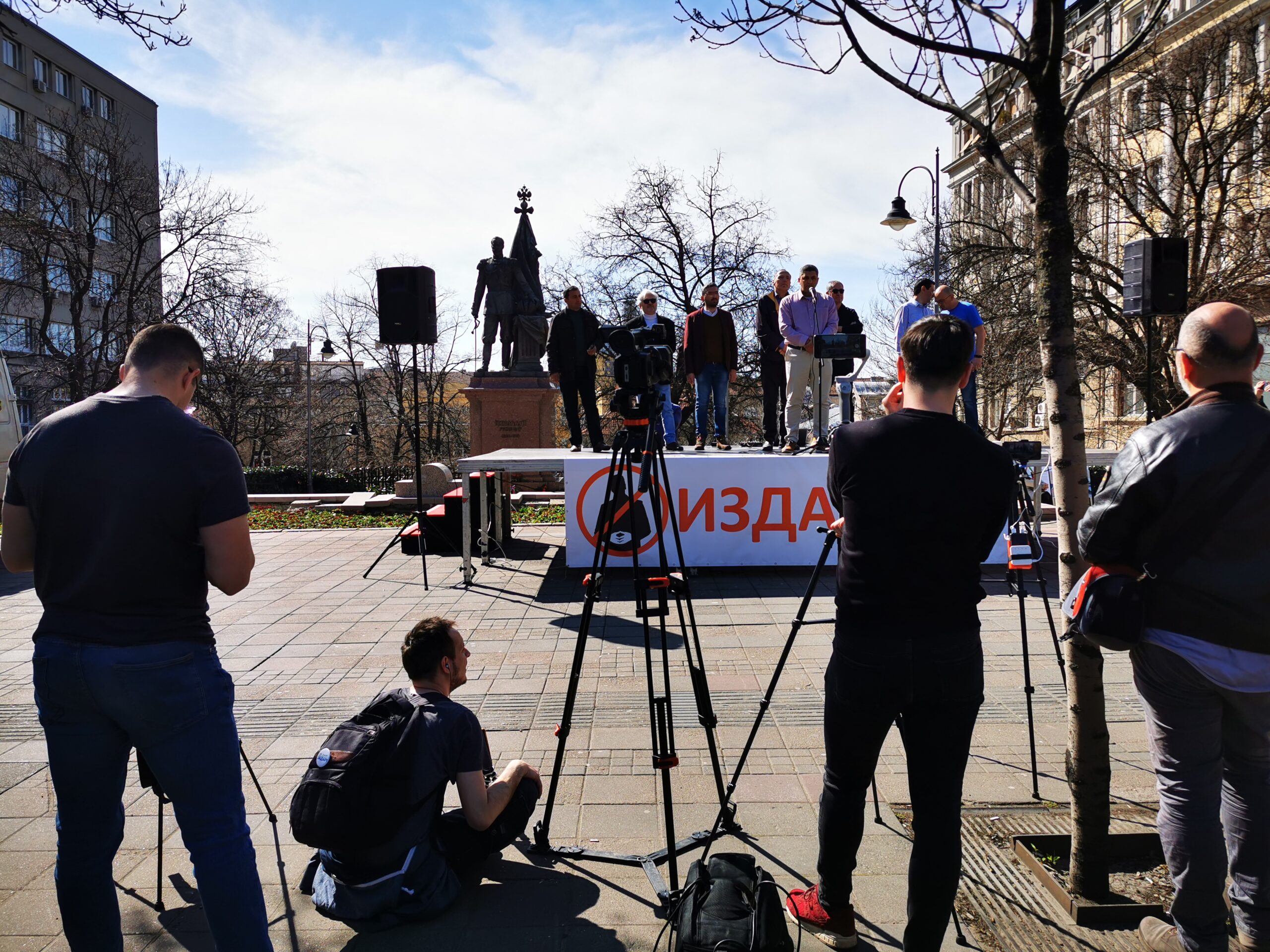
Additionally, there have been reports of police brutality and mistreatment of detainees in Serbia. The government has taken steps to address these issues, but there is still work to be done to ensure that human rights are fully protected in the country.The Serbian justice system has been undergoing reform in recent years, but there are still concerns about its effectiveness and impartiality. The judiciary is seen as vulnerable to political influence, and there have been allegations of corruption and bias in court cases.
There have also been concerns about the conditions of detention facilities in Serbia, with reports of overcrowding, inadequate medical care, and poor living conditions. Despite these challenges, Serbia has taken some steps towards improving its human rights record in recent years. The country has implemented laws and policies to combat discrimination and violence against marginalized groups, and there have been some improvements in the justice system.
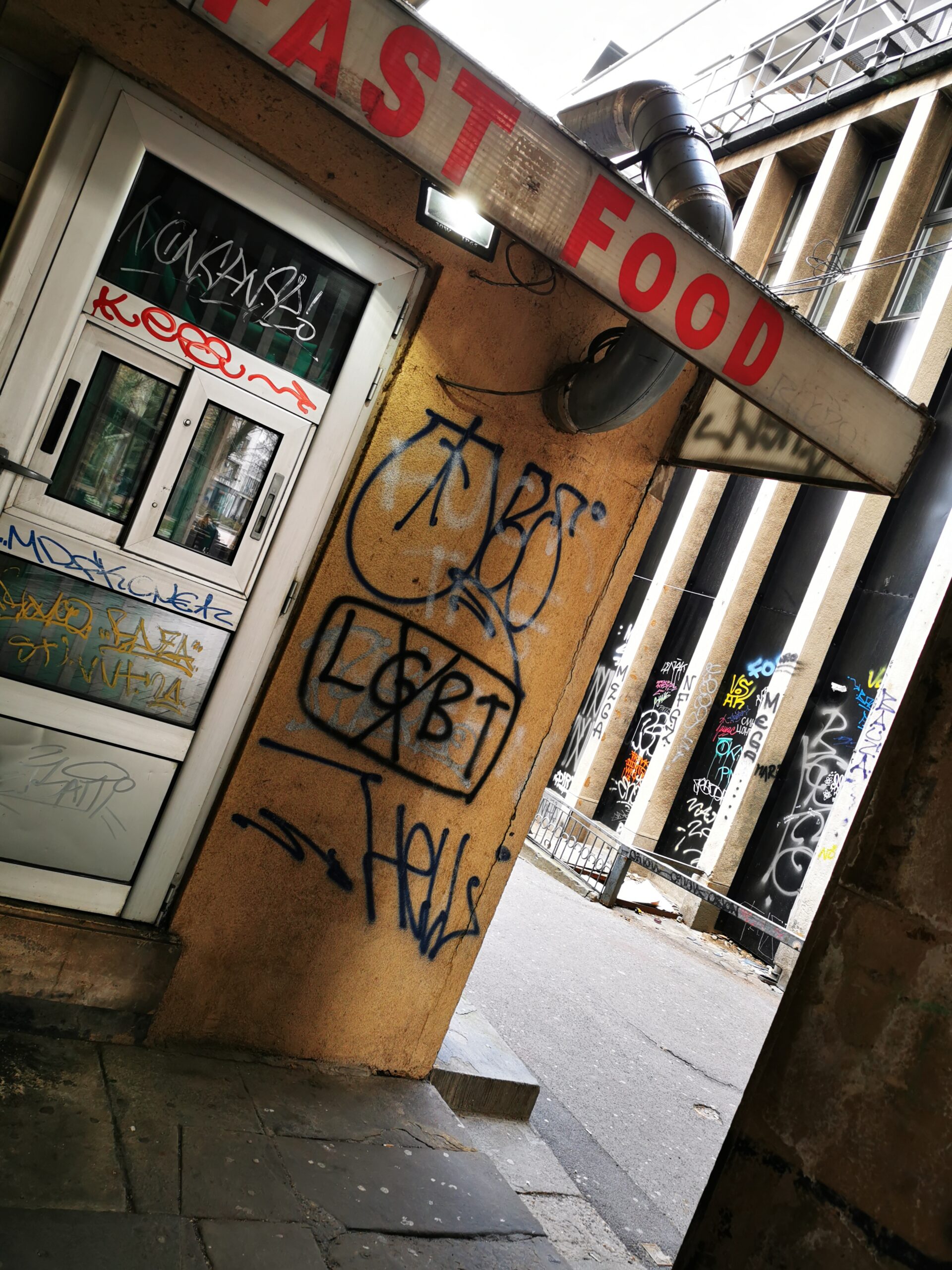
Please follow us on Facebook.
LGBTQ Rights , Human Rights
Serbia has made progress in LGBTQ+ rights, particularly through legislative changes. Anti-discrimination laws have been enacted to protect individuals based on sexual orientation and gender identity. However, societal attitudes, hate crimes, and limited access to healthcare services for the LGBTQ+ community are areas that require further attention and improvement.
Conclusion
To wrap it up, Serbia has made great strides in improving its human rights conditions, but there’s still work to be done. They’ve taken important steps to protect freedom of expression, minority rights, LGBTQ+ rights. However, challenges like media freedom, discrimination, societal attitudes, and gender inequality persist.
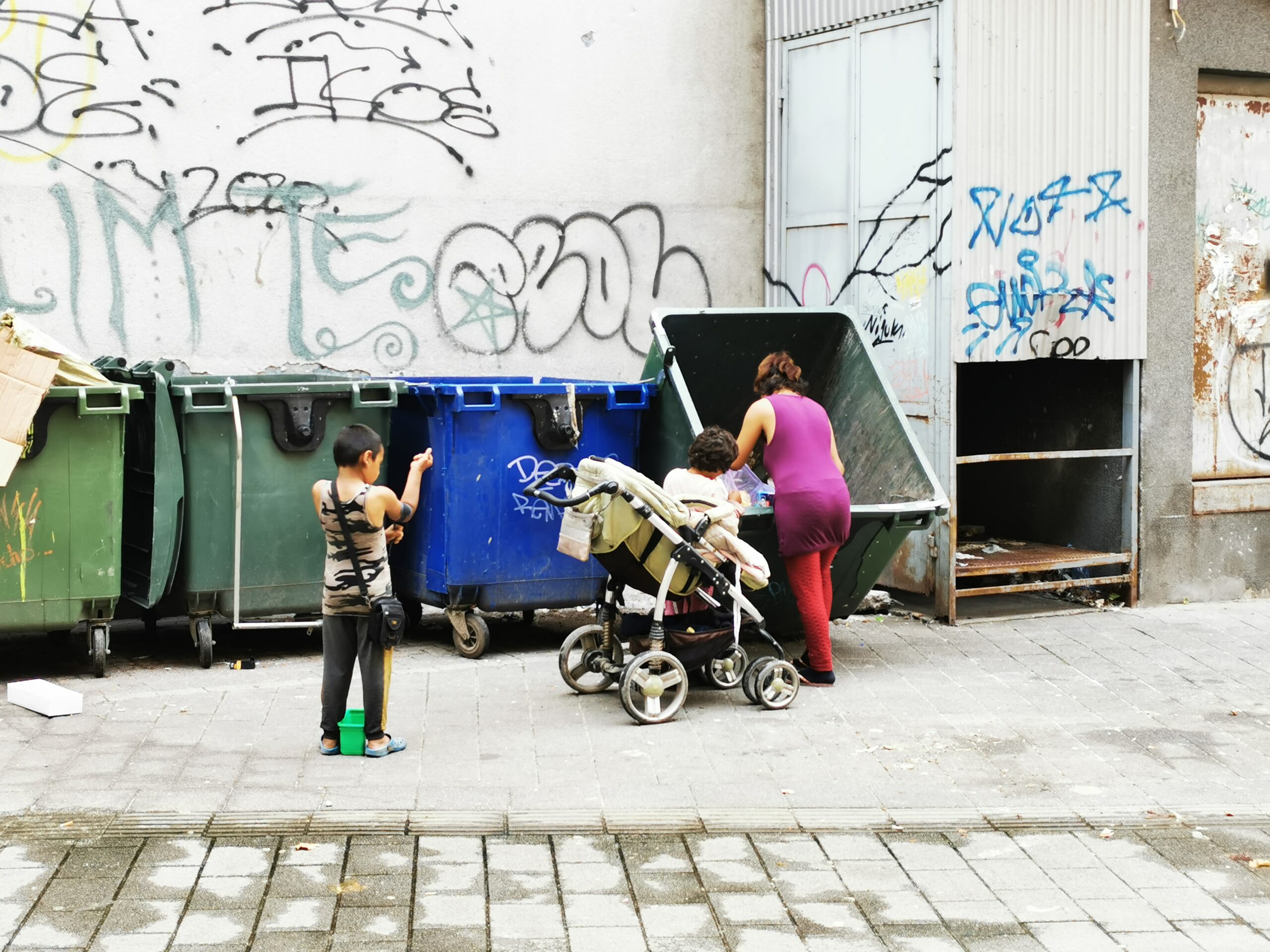
There have been concerns about bias in court cases in Serbia, particularly in cases involving high-level corruption and organized crime. Some critics have accused the judiciary of being influenced by political interests and of lacking independence. There have also been reports of delays in court proceedings and of judges being subject to pressure and intimidation. In some cases, witnesses and victims have reported being threatened or harassed. Moving forward, Serbia needs to keep pushing for a more inclusive and equal society. They should focus on strengthening media independence, fostering dialogue among different communities, and ensuring marginalized groups have access to justice.

As global citizens, we have a role to play in supporting Serbia’s journey towards upholding human rights. By advocating for change, fostering international cooperation, and promoting awareness, we can contribute to a brighter future where Serbia stands as a beacon of human rights protection. Together, let’s work towards a society that embraces diversity, equality, and respect for every individual’s rights and dignity.
In the end, it’s by acknowledging both the progress made and the work that lies ahead that we can truly make a difference in shaping a more just and inclusive world.
Follow us on Facebook
![]()

![[ Insights Into Serbia ]Unveiling the Catastrophe of Human Rights in Serbia: 5 Crucial Factors Shaping Progress and Challenges [ Insights Into Serbia ]Unveiling the Catastrophe of Human Rights in Serbia: 5 Crucial Factors Shaping Progress and Challenges](https://truequeer.com/wp-content/uploads/2023/06/IMG_20230311_173316_1_071248-1536x2048.jpg)